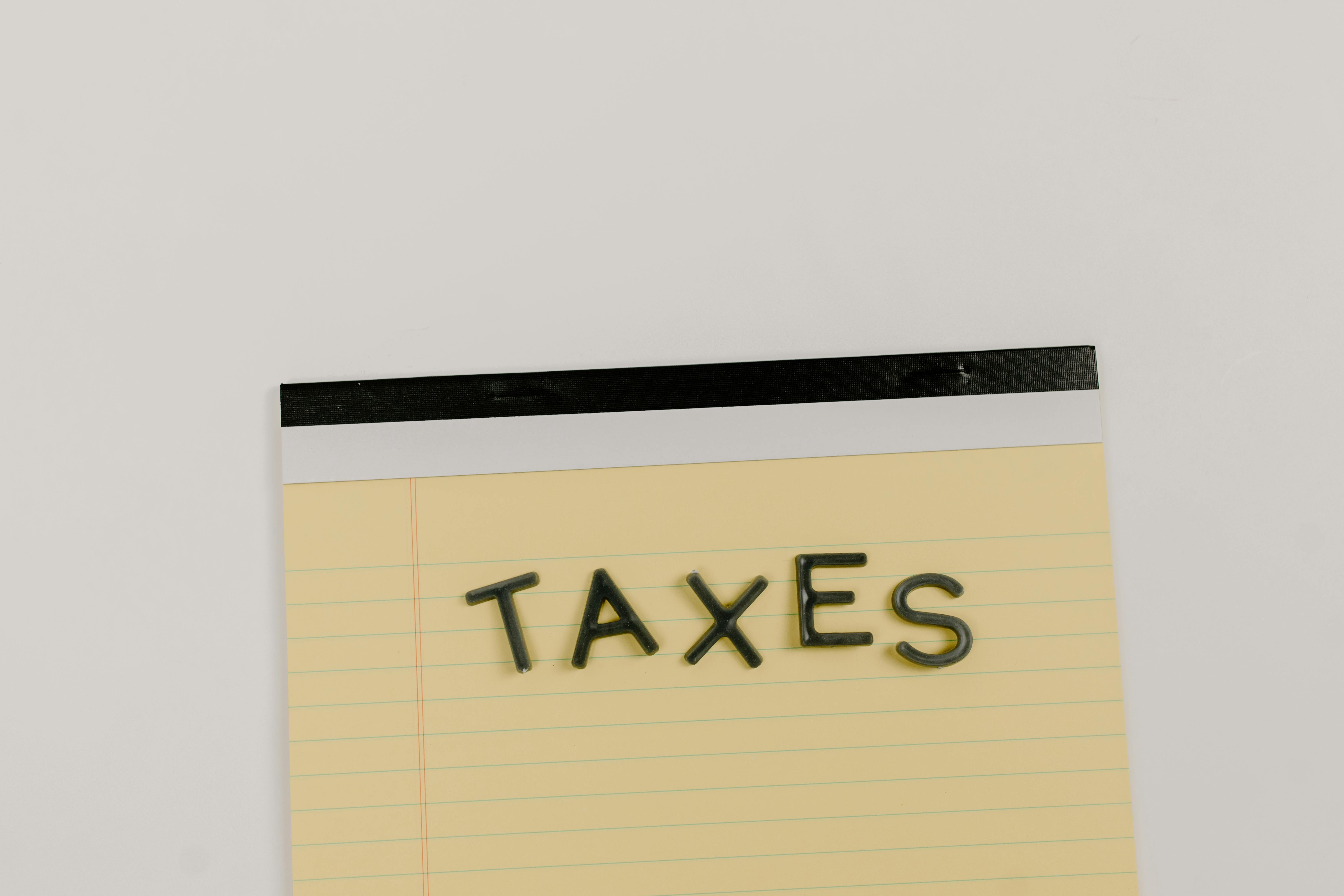Landlord Blog
Education and news for smart DIY landlords!
Can a Vacation Home Be a Smart Investment? Here’s What to Consider

The idea of owning a vacation home—your own slice of paradise where you can escape the hustle and bustle of everyday life—is undeniably appealing. But beyond the lifestyle perks, many people wonder: Can a vacation home also be a smart financial investment? The answer is yes—but only if you weigh the decision carefully. Here's what you need to consider before diving into a second property purchase.
1. Personal Use vs. Rental Income
One of the biggest decisions to make is how you plan to use the property. If your primary goal is to have a private retreat for family getaways, then the return on investment may come in the form of personal enjoyment and lifestyle value. However, if you're hoping to earn passive income, you’ll need to research the short-term rental market in your desired location.
Platforms like Airbnb and Vrbo have made it easier than ever to monetize a vacation home, but success isn’t guaranteed. You’ll need to consider local demand, competition, and seasonal trends to gauge potential income.
2. Location is Everything

Just like any real estate investment, the location of your vacation home is critical. Properties in popular travel destinations—beaches, ski resorts, lakeside towns, or near national parks—tend to hold their value better and are more likely to attract consistent renters. A great location not only increases your chances of earning rental income but also ensures a better resale value down the line.
Be sure to check local zoning laws, rental regulations, and HOA rules, as some areas have restrictions on short-term rentals or require special permits.
3. Costs Beyond the Mortgage
Don’t let the excitement of buying a vacation home blind you to the true costs. Beyond the mortgage, you’ll need to budget for:
- Property taxes and insurance (which may be higher for second homes)
- Maintenance and repairs
- Utilities and internet
- Property management or cleaning fees (especially if you don’t live nearby)
- Marketing and booking platform fees (if renting)
A detailed budget will help you understand whether the property can realistically pay for itself or become a financial burden.
Read more: The Hidden Costs of Homeownership: What Buyers Often Overlook
4. Tax Implications

Vacation homes come with specific tax rules that depend on how often you use the property versus how often you rent it. If you rent it out for fewer than 15 days per year, you likely won’t need to report rental income—but also can’t deduct expenses. If you rent it for more than that, you may qualify for certain deductions, including mortgage interest, property taxes, and operating expenses.
Consulting a tax advisor is essential to understand how ownership will affect your financial picture.
5. Long-Term Appreciation
While real estate can appreciate over time, it's not guaranteed—especially with vacation homes, which can be more sensitive to market fluctuations and economic downturns. That said, buying in a desirable, growing area can increase your odds of building equity.
Final Thoughts
A vacation home can absolutely be a smart investment—if approached with clear goals, thorough research, and realistic expectations. Whether you're looking for a weekend escape, a rental income stream, or both, doing your homework upfront can turn your dream getaway into a profitable reality.
